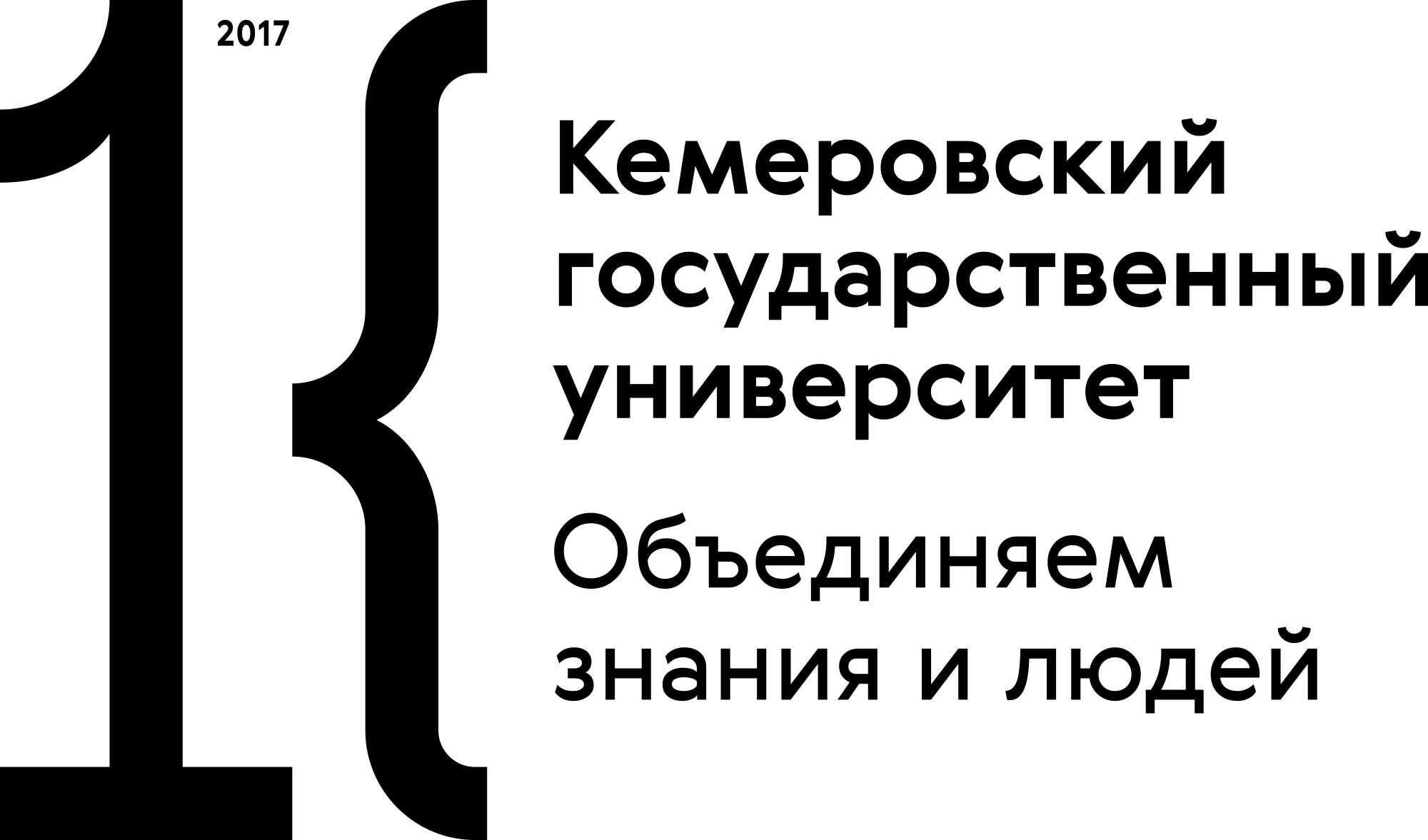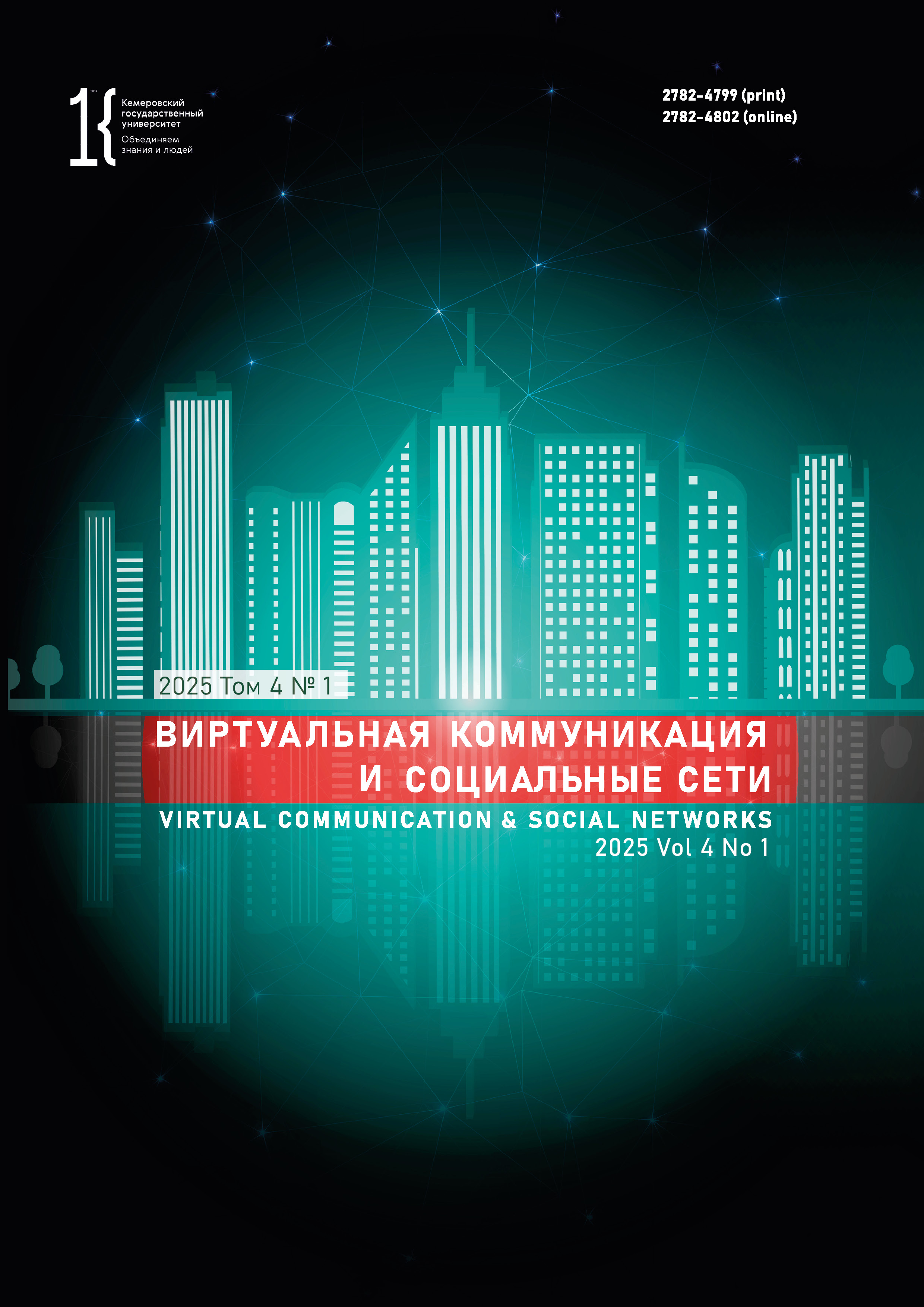Krasnoyarsk, Russian Federation
Krasnoyarsk, Russian Federation
VAK Russia 5.9.9
In linguistics, conflict studies promote communicative tolerance and conflict-free communication in different discursive practices. Sport has a competitive nature, which makes it a conflict-prone area. Sport-related online media texts engage a wide range of users into sports conflicts. This article analyzes a set of online media texts that featured a post-competition conflict between famous figure skating coaches. To define the linguistic features of conflict speech behavior in online media texts about figure skating, the authors studied conflict statements made by Evgeni Plushenko and Sofia Fedchenko, as well as related comments from other coaches, figure skaters, and sports officials. The method of double case analysis proposed by E. S. Kara-Murza makes it possible to examine multi-stage conflicts that receive a new development vector in social media. The analysis of the figure skating conflict covered 13 parameters described by E. S. Kara-Murza. The speech genres of conflict communication included blackmail, reproach, accusation, and trash talk. The speech behavior was analyzed for linguistic means and techniques of aggressive communication. The comments made by indirect participants were classified by topic and examined for speech means of destructive behavior. The media text analysis revealed the course of the conflict development, as well as the extralinguistic contexts and linguistic means of aggressive speech behavior that contributed to its escalation at each stage.
media text, linguistic conflictology, sports media, communicative conflict, sports media discourse, speech aggression, aggressive communication techniques, online-media
1. Akinshina Yu. M. To the question of conflict in the mediatext. Vestnik Kemerovskogo gosudarstvennogo universiteta, 2016, (1): 152–155. (In Russ.)] https://elibrary.ru/vqsvux
2. Bazylev V. N. From hooligans to thrash talk: Evolution of the genre. Zanry Reci, 2021, (4): 259–266. (In Russ.)] https://doi.org/10.18500/2311-0740-2021-4-32-259-266
3. Vartanova E. L., Dunas D. V., Gladkova A. A. Media and conflicts: A study of their mutual interaction in current academic discourse. Vestnik Moskovskogo universiteta. Seriya 10. Zhurnalistika, 2021, (4): 3–32. (In Russ.)] https://doi.org/10.30547/vestnik.journ.4.2021.332
4. Kara-Murza E. S. Linguoconflictology and conflicts in Russian media (analysis of double case). Science Journal of Volgograd State University. Linguistics, 2020, 19(1): 18–27. (In Russ.)] https://doi.org/10.15688/jvolsu2.2020.1.2
5. Kinash Ju. S. The role of media and "New media" in the contemporary political conflicts. Russian Social and Humanitarian Journal, 2017, (4): 1–7. (In Russ.)] https://doi.org/10.18384/2224-0209-2017-4-831
6. Lavrent'eva E. V., Steksova T. I. Verbal associations as a complementary source of material in complex study of speech genres. Zanry Reci, 2018, (2): 104–111. (In Russ.)] https://doi.org/10.18500/2311-0740-2018-2-18-104-111
7. Lukina M. M., Tolokonnikova A. V. Conflict on the agenda of Russian news agencies: A study in the context of constructive journalism. Vestnik Moskovskogo universiteta. Seriya 10. Zhurnalistika, 2021, (5): 27–50. (In Russ.)] https://doi.org/10.30547/vestnik.journ.5.2021.2750
8. Malysheva E. G., Rogaleva O. S. Communicative dominants of the sports internet discourse on figure skating. Philology. Theory & Practice, 2024, 17(9): 3071–3078. (In Russ.)] https://doi.org/10.30853/phil20240435
9. Malysheva E. G., Rogaleva O. S. New genres and formats in modern sports internet-discourse on figure skating. Communication studies, 2021, 8(2): 351–367. (In Russ.)] https://doi.org/10.24147/2413-6182.2021.8(2).351-367
10. Nikodimova A. D. Blackmailer as a destructive communicative personality: Specific features of communicative behavior. Ivzestia of the Volgograd State Pedagogical University, 2020, (7): 132–136. (In Russ.)] https://elibrary.ru/yddazt
11. Obelyunas N. V. The prerequisites for the conflict of interpretations in texts on political and social issues. Vestnik NSU. Series: History and Philology, 2012, 11(6): 99–103. (In Russ.)] https://elibrary.ru/ozekal
12. Panchenko N. N., Nikodimova A. D. Blackmail: Speech act vs. speech genre. Zanry Reci, 2018, (2): 112–118. (In Russ.)] https://doi.org/10.18500/2311-0740-2018-2-18-112-118
13. Ponomarenko E. A., Chureyeva O. A. Speech genres of accusation and reproach in the doctor’s speech behavior. Zanry Reci, 2022, 17(1): 21–27. (In Russ.)] https://doi.org/10.18500/2311-0740-2022-17-1-33-21-27
14. Popova T. I. The actual trends of media Internet space researches. Media Linguistics, 2018, 5(3): 258–272. (In Russ.)] https://elibrary.ru/ywwnxv
15. Rogaleva O. S. Sports journalistic subdiscourse about figure skating: Thematic originality. Media in Contemporary World. 58th Saint Petersburg Readings: Proc. Intern. Sci. Forum, St. Petersburg, 18–19 Apr 2019. St. Petersburg: SPbU, 2019, 198–200. (In Russ.)] https://elibrary.ru/ffwyhh
16. Savitskaya A. S. Mass media in social conflicts. Izvestia: Herzen University Journal of Humanities & Sciences, 2009, (92): 84–88. (In Russ.)] https://elibrary.ru/jwqqul
17. Smirnova O. V., Denisova G. V., Shkondin M. V., Ilchenko D. S., Eshkinina U. Yu. Conflict in the content of sports media: Theoretical and methodological approaches to research. Vestnik of Volga Region University named after V. N. Tatishchev, 2022, 1(1): 120–128. (In Russ.)] https://doi.org/10.51965/20767919_2022_1_1_120
18. Smirnova O. V., Shkondin M. V. Media and journalism studies in the context of conflictology: System-based theoretical aspects. Theoretical and practical issues of journalism, 2021, 10(1): 5–21. (In Russ.)] https://doi.org/10.17150/2308-6203.2021.10(1).5-21
19. Shesterina A. M. The specifics of conflict-based interactions in the mediasphere. Proceedings of Voronezh State University. Series: Law, 2020, (4): 347–352. (In Russ.)] https://doi.org/10.17308/vsu.proc.law.2020.4/3183















